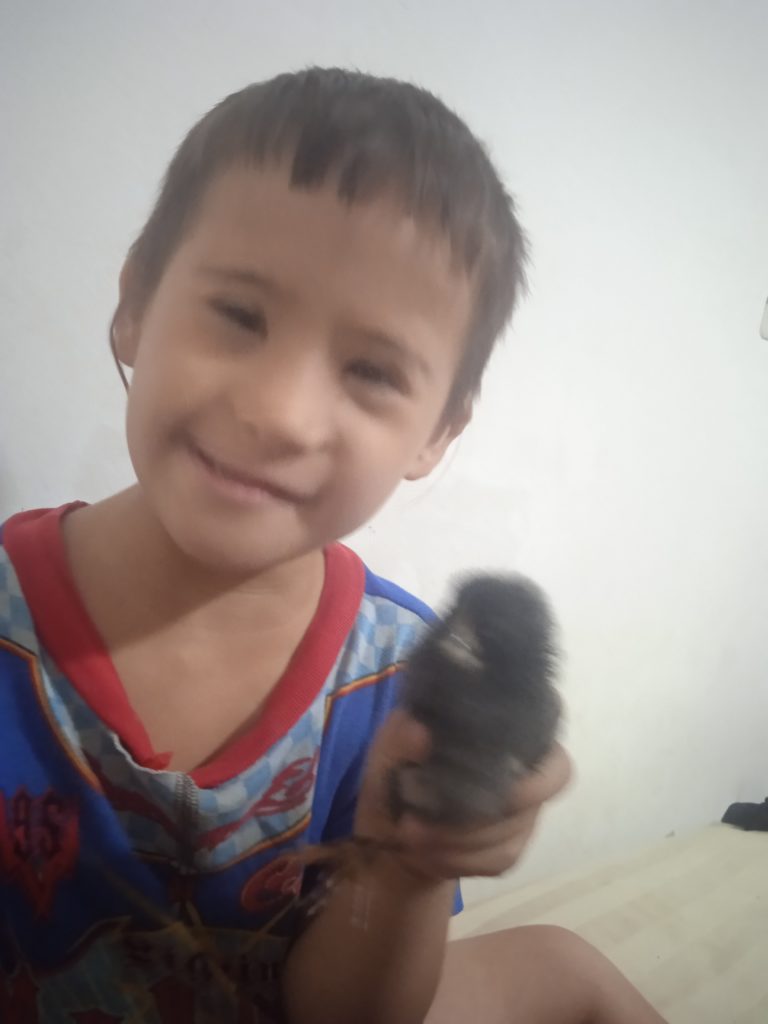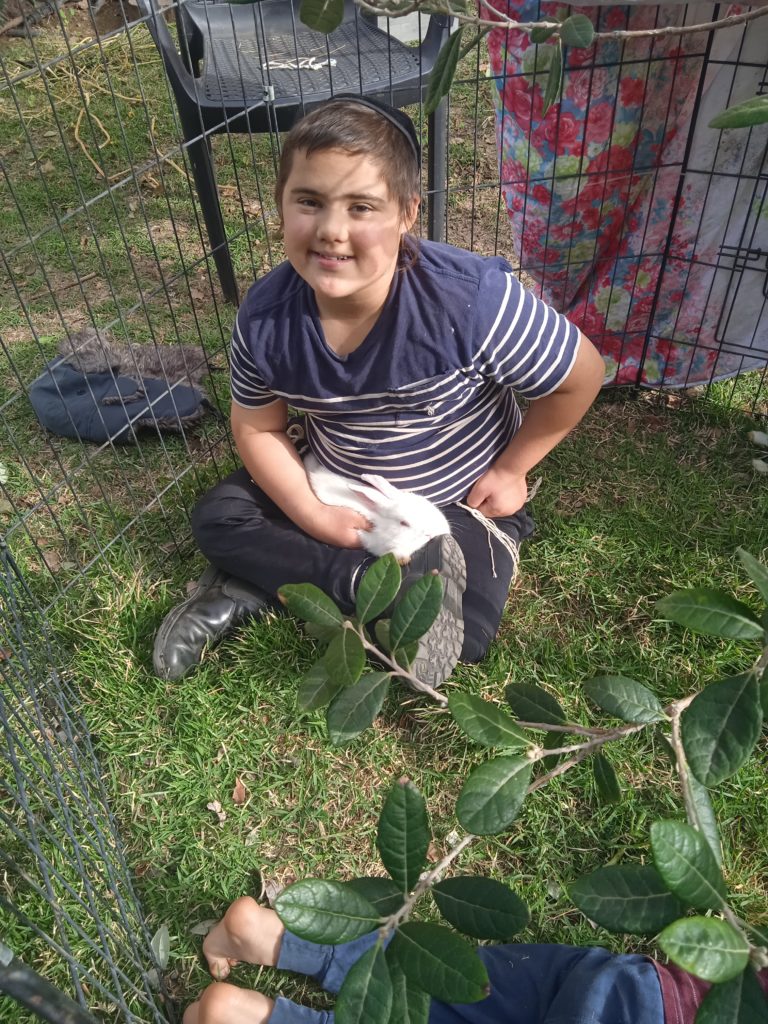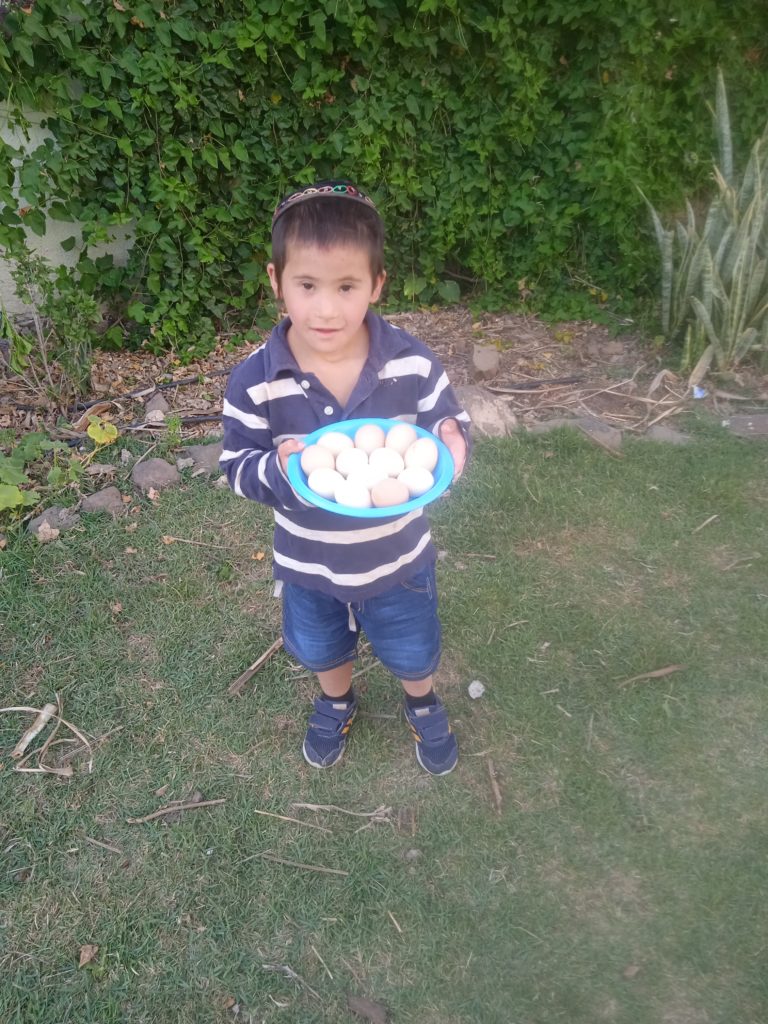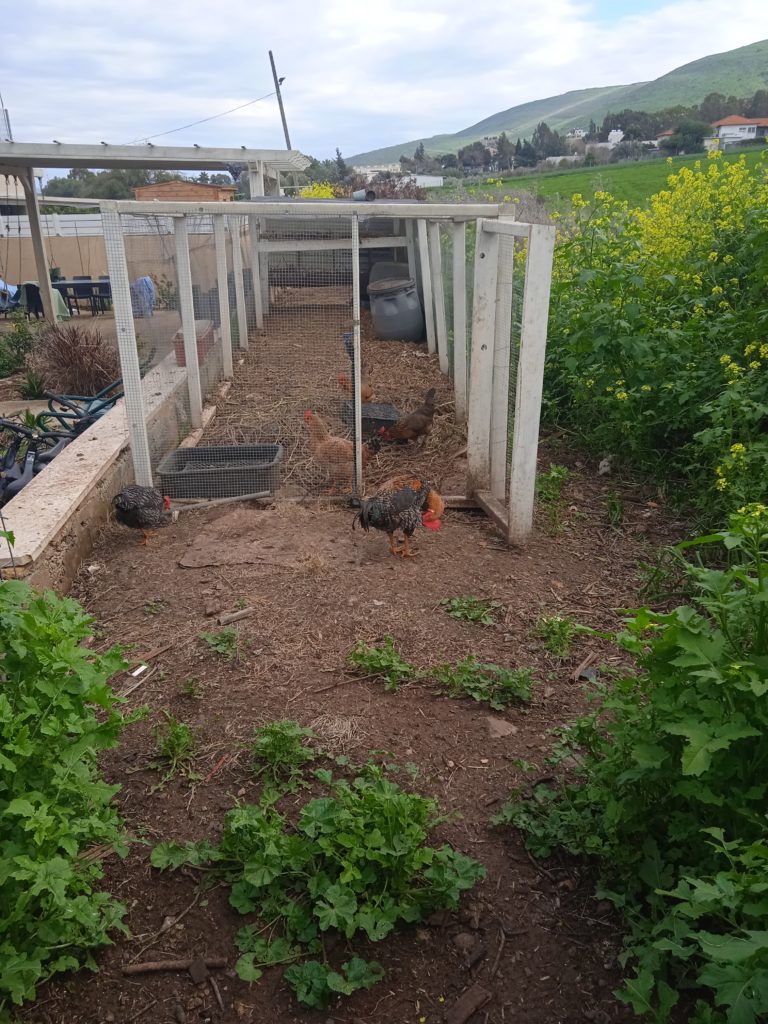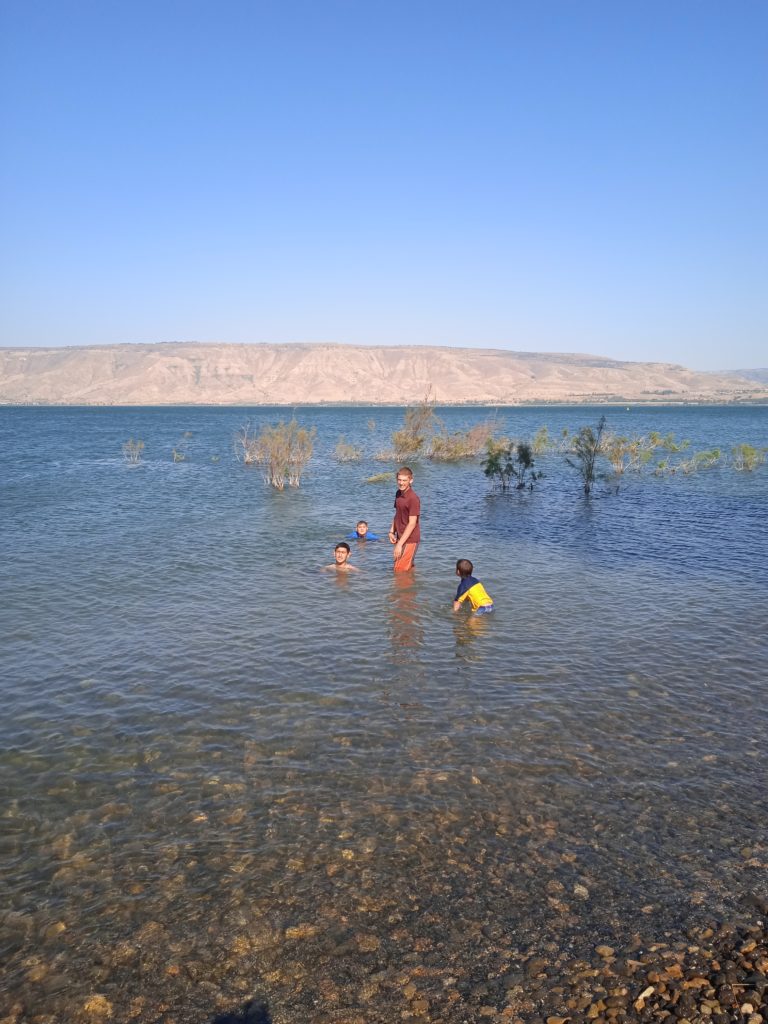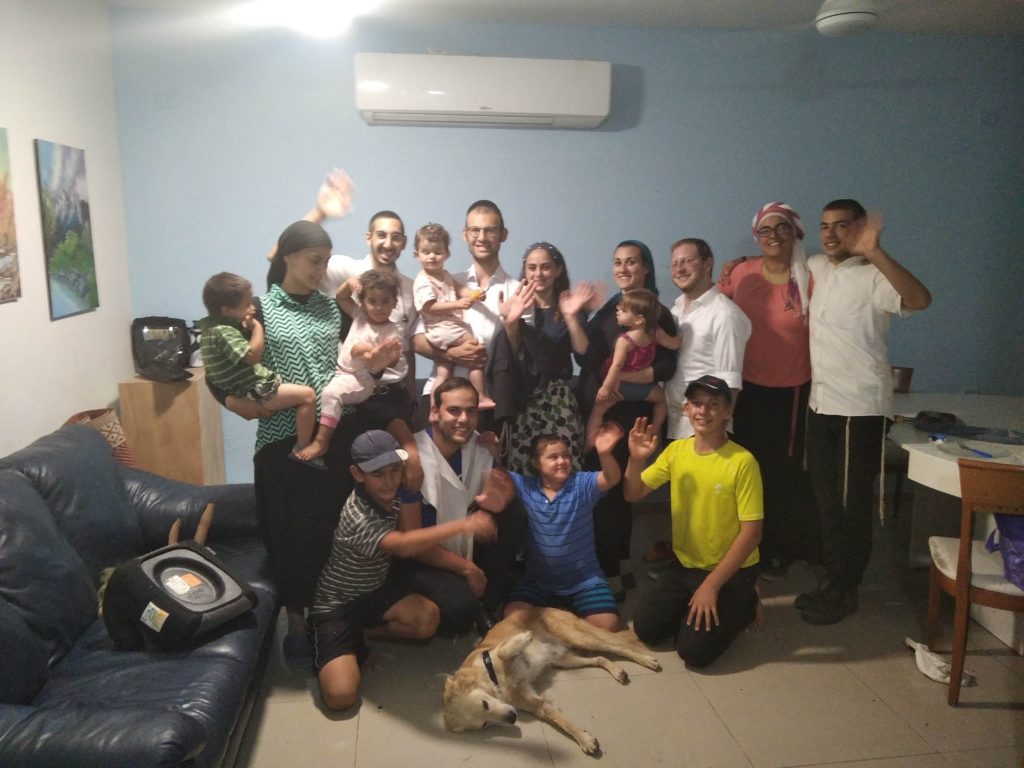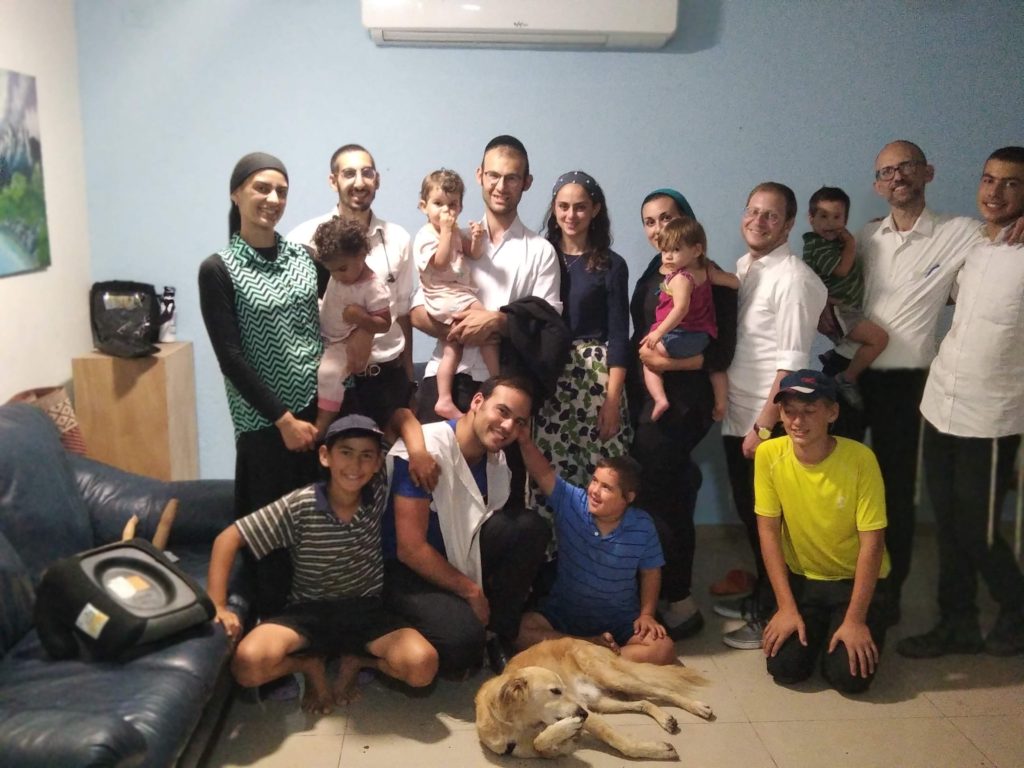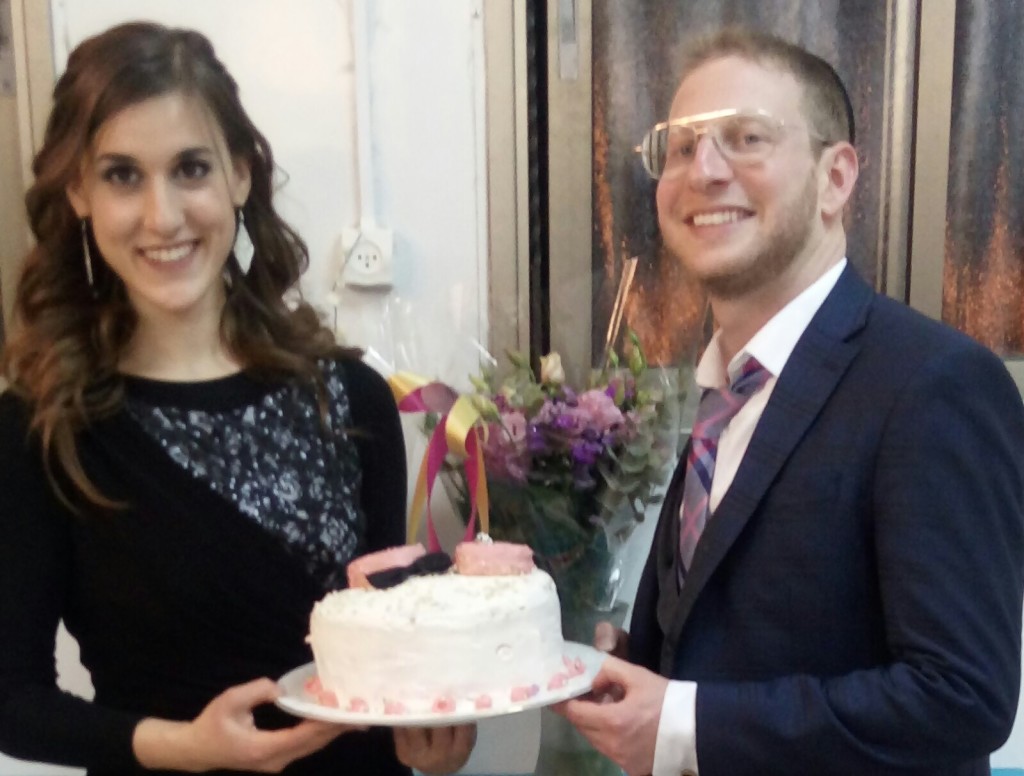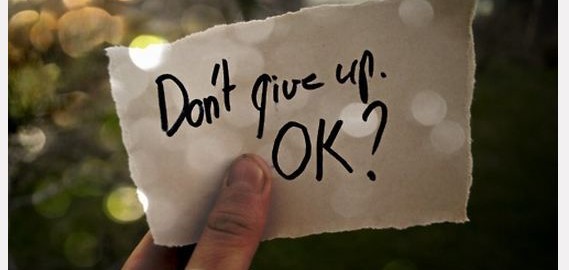My husband looked at a family picture of when we had just six children that was temporarily moved to his desk, and commented, “The older half of our family!”
This past Friday night at the Shabbos table, I looked around at everyone there and thought about how our family has completely changed through the years – not one person sitting there was alive at the time that the above mentioned photo was taken.
A friend who grew up as almost the youngest of a large family told me that her experience growing up in her family was very different from her older siblings. Now I’m seeing for myself how true that is.
Younger and older children in a family will always have a different experience growing up in the same home, with the same parents, because things change over time.
Getting older and more mellow – My husband and I have been parenting for almost thirty years together. We have gotten a lot of experience and consequently are fairly secure as parents, and feel relaxed in our parenting at this stage. We aren’t constantly questioning ourselves and wondering how to deal with different things that come up. We genuinely trust that our kids are awesome people who are going to grow into amazing adults. We know it. We don’t have to work hard to remind ourselves of that, to affirm it, or to agonize over the challenges they experience. We know who we are, what our approach to parenting is, and our relationship with one another is steady and consistent. This is a product of time.
Living in a different country – Not every family will experience the major moves that we did, but moving to a different country has made a huge difference in what our children experience. Growing up in the US provided different opportunities and challenges than living here in Israel. The children who are now teens in our home moved here as young children eleven years ago. They speak an additional language, they interact with different people, and they have different interests.
I could give lots of examples of this! Here’s just one: my two oldest boys were excellent baseball players, the top in their leagues. During baseball season, our family spent hours every week attending their games. This activity has been completely absent from our lives from the time we moved to Israel. While their younger brothers have the potential to be just as athletic, there isn’t a framework for that here.
It’s been interesting for me to notice my homeschooling style evolve, and that has been specifically related to living in Yavneel. Until moving here less than three years ago, I’d self-identified as a ‘relaxed homeschooler’. That meant that we had regular daily academic activities of reading, writing and math, integrated read-alouds of historical fictions, lots of trips and outside activities. This was consistent of our family homeschooling style for almost twenty years, wherever we lived (except the trips – after we moved to Israel we did very few trips).
Now our boys have opportunities to follow and develop their interests in a way they never could before, and my style has evolved to almost completely unschooling. While they periodically pull out a math workbook at my bequest, that’s no longer an important factor for me. I trust not only their own inner desire to learn, but I trust the external framework provides the possibility of them being able to independently pursue their interests. For example, I mentioned my boys helping someone out with his horse a couple of weeks ago. Well, one son has continued working with the horses daily. Where will it go? I don’t know. But there’s the opportunity to do learn and experience much more.
My thirteen year old began traveling locally by bus last year when he took a year long sailing course at the Kineret. He’s now expanding his comfort zone and learning to use public transportation to get to RBS, so he can stay in relationship with friends made when we lived there. When someone can get to where he wants to go independent of being driven by a parent, it opens up possibilities. This is something I’m comfortable with in Israel that I would not have allowed in Baltimore due to safety concerns.
How your family is ‘built’ – Of our oldest five children, three were girls. For years people thought of us as a girl-family, because the presence of our daughters was so significant. When our next six boys joined the family, their presence obviously made a big impact as we had a very busy home with lots of young children. But our older girls remained highly involved and visible in our family life. When our oldest two daughters got married within twelve days of one another five years ago and they weren’t a daily presence anymore, things changed a lot.
It’s been years since anyone has thought of us as a girl-family! Right now the younger boys are 20, 16, 15, 13, 10 and almost 6. We have a lot of male teen energy. I was watching my fifteen and sixteen year old sons wrestling tonight, and remembering how for years I never allowed wrestling in our home. Now I see it as appropriate and healthy.
Parents don’t independently create a family atmosphere and impose that on their children. Children are partners in creating the family with their own personalities and interests, too. For years, we enjoyed singing at the Shabbos table. Then we had a few years when our two middle children were the oldest at home on Shabbos, but they didn’t enjoy singing at that stage (now they do) and we naturally sang together less as a family. Our Shabbos meals became much shorter and more discussion-heavy.
Life continued to evolve and our three teens who are usually home now enjoy singing chazzanus (cantorial music) together when they are getting ready for Shabbos. It’s not my personal style but they enjoy it and it’s a nice thing to hear them enjoying together. Our sixteen year old went to the Friday night tisch of a chassidish rabbi, and heard a beautiful complex tune which he took time to learn well. He taught that song, and another equally complicated song, to the rest of us. Those songs are new to us, but are now becoming staples at our Shabbos table, and we once again have lots of singing at the Shabbos table.
Not only that, our family itself has expanded, with the addition of four spouses and seven grandchildren (so far). Each of these people have added to our family dynamic, too!
So life is continually evolving, even at my stage when it would seem that we’ve been doing this so long and you might expect that it’s the same old, same old!
Avivah
